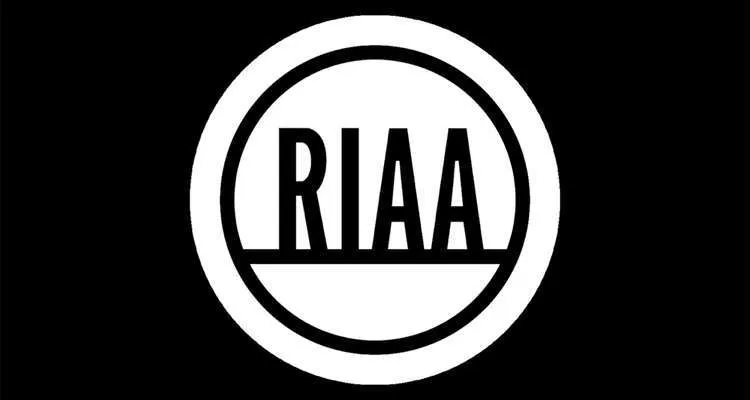
The long-standing feud between the Recording Industry Association of America (RIAA) and the Santangelo family has taken another twist in recent times with an unexpected turn of events. Robert Santangelo, a teenager who was recently targeted by the RIAA, has now come back with a countersuit against the trade organization. The RIAA had initially sued Robert’s mother, Patricia Santangelo, in 2005 but later had to drop the case and shift its focus towards Robert and his sister, Michelle. While Michelle settled quickly, Robert has now fought back with the help of attorney Jordan Glass. The teenager has accused the RIAA of collusion, extortion, and conspiracy to defraud the courts.
Robert’s countersuit alleges that the trade organization has damaged his reputation and distracted him from his studies. However, the central question remains whether Robert had shared copyrighted works without permission. Robert has claimed that the RIAA has falsely accused him of file-swapping a number of tracks. Instead, he has maintained that the tracks in question were simply ripped from his sister’s CD collection.
The countersuit has opened up a considerable amount of action ahead, though the RIAA has appeared resolute in its stance. In a statement, the trade organization said, “The record industry has suffered enormously due to piracy. That includes thousands of layoffs. We must protect our rights. Nothing in a filing full of recycled charges that have gone nowhere in the past changes that fact.”
While the legal battle between the RIAA and the Santangelo family continues, the case has once again highlighted the issue of piracy and how it affects the music industry. Piracy continues to be a major concern for the music industry, as it results in a significant loss of revenue for artists and record labels. The RIAA has been at the forefront of the fight against piracy and has been successful in securing several settlements from individuals who have been accused of copyright infringement.
However, the RIAA’s tactics have often been criticized for being heavy-handed, with critics accusing the organization of targeting individuals who are not necessarily the biggest offenders of piracy. The case of the Santangelo family is a prime example of this, with the RIAA initially targeting Patricia Santangelo, who was a single mother of five children and had no knowledge of file-sharing. The case against her was eventually dropped, but not before she had to spend a significant amount of money on legal fees.
The RIAA has defended its actions, stating that it is necessary to take a hardline stance against piracy to protect the rights of artists and record labels. The organization has also argued that it is not targeting individuals but rather going after those who are engaged in the illegal sharing of copyrighted works. However, the Santangelo case has raised questions about the RIAA’s tactics and whether they are truly effective in combating piracy.
As the legal battle between the RIAA and the Santangelo family continues, it remains to be seen how the case will play out. However, the case has once again highlighted the issue of piracy and the need for the music industry to find ways to combat it effectively. While the RIAA has been successful in securing settlements from individuals accused of copyright infringement, it is clear that the organization’s tactics have their limitations and may not be the most effective way to tackle piracy in the long run.

